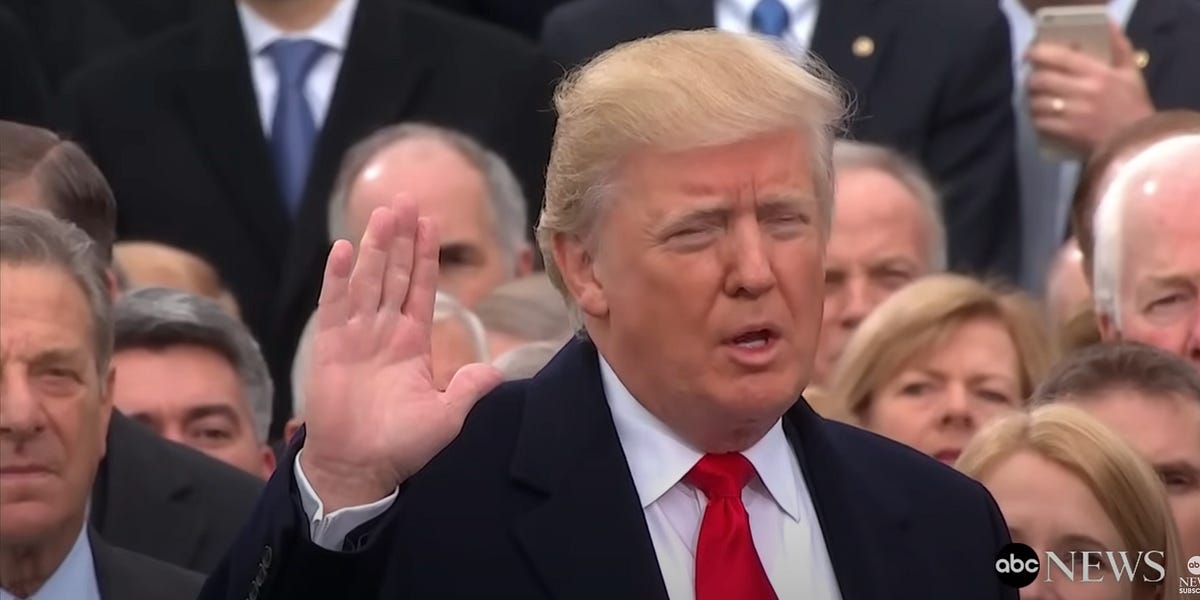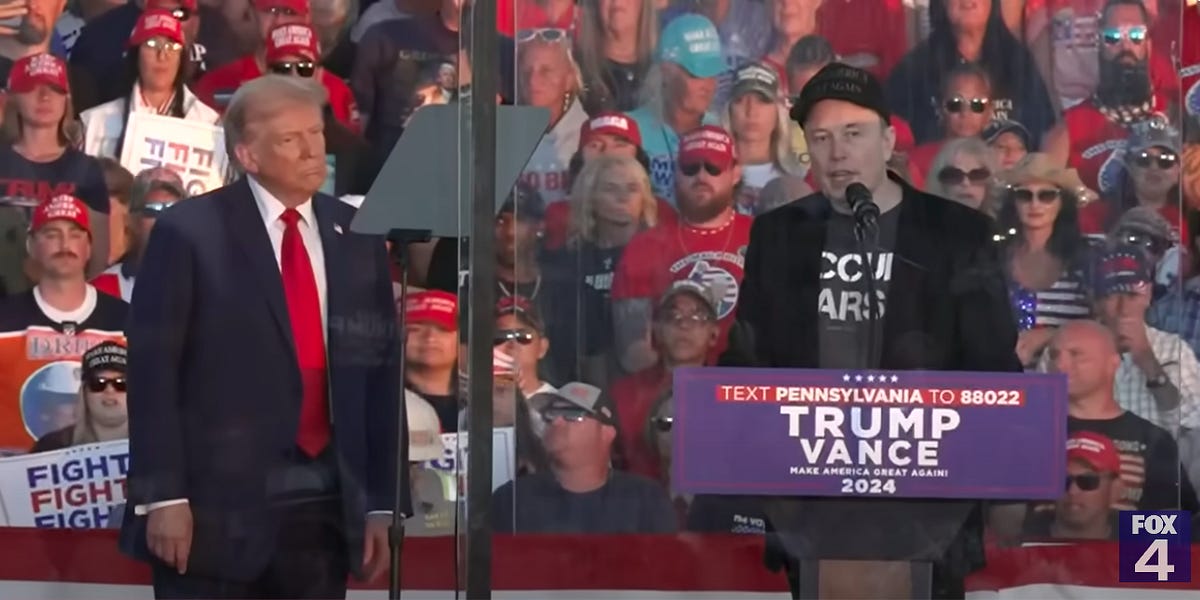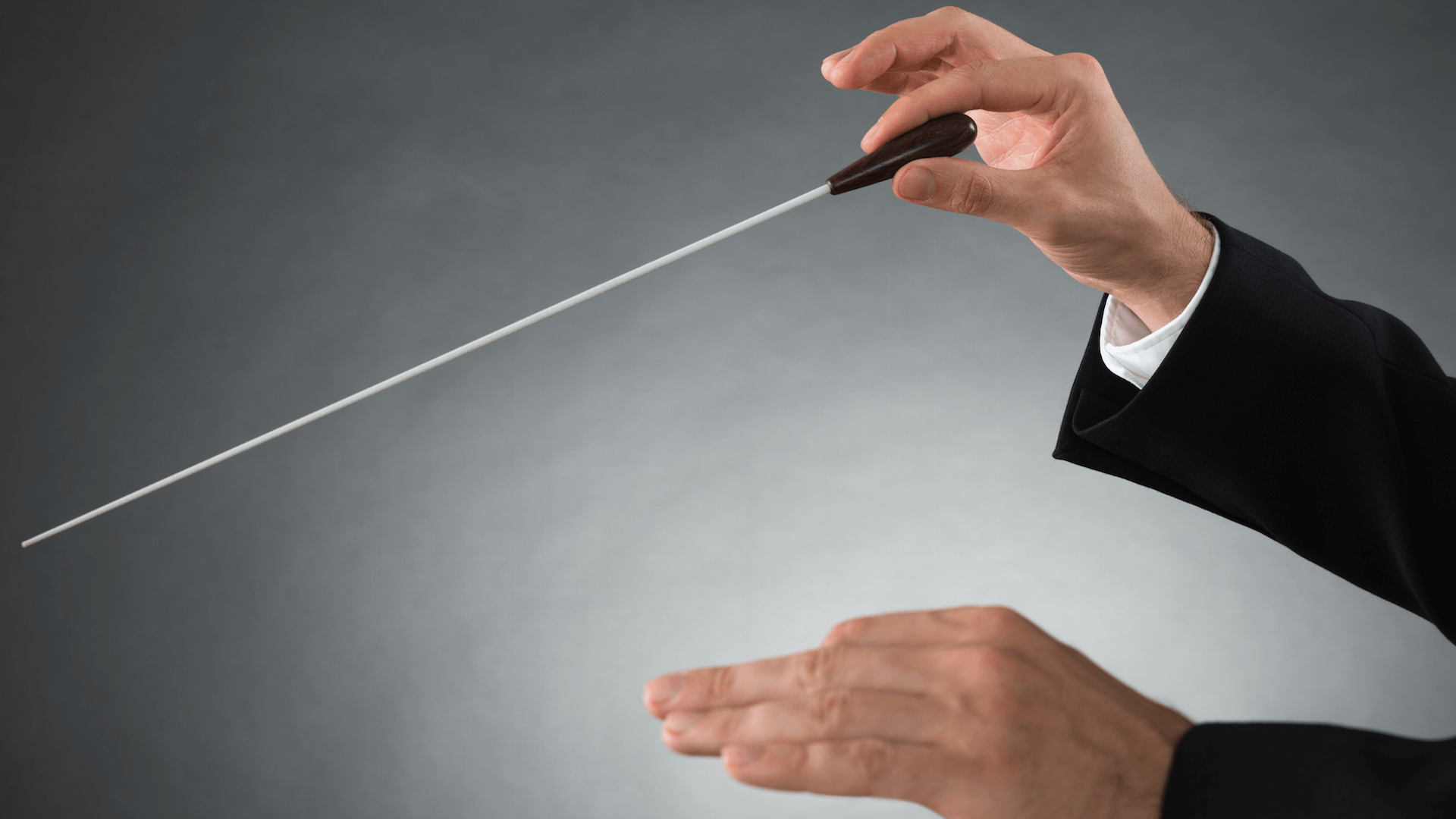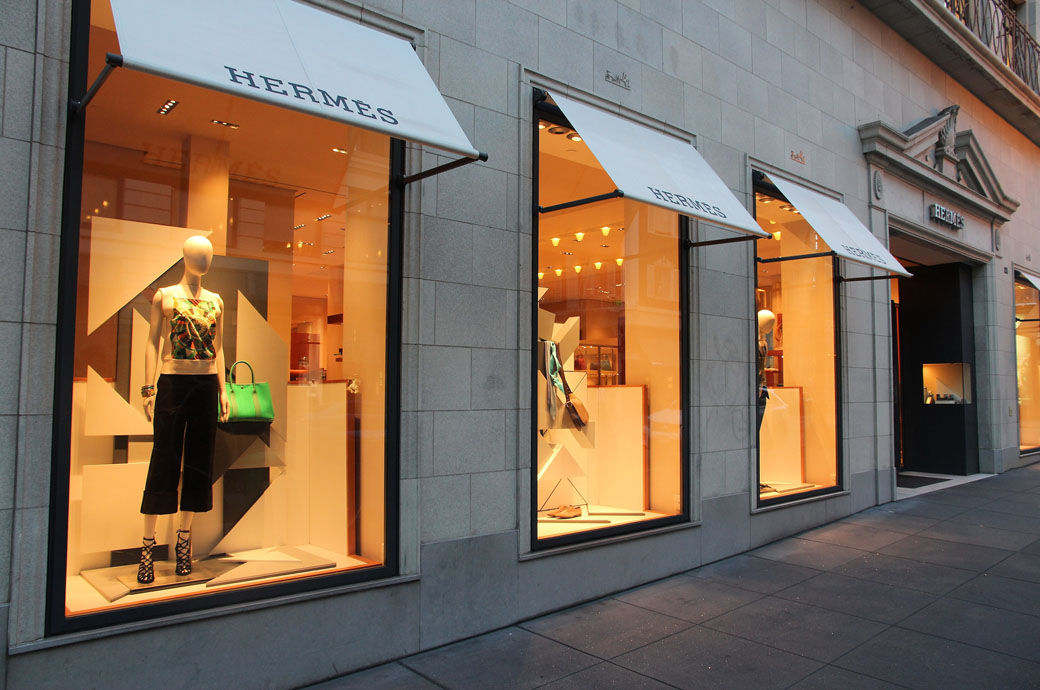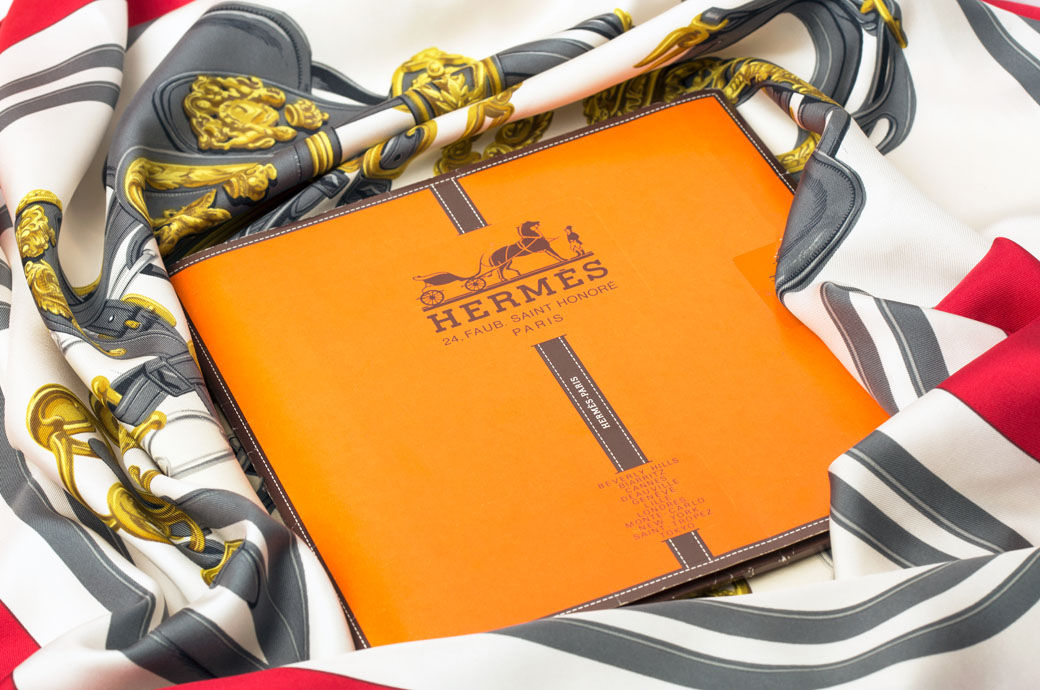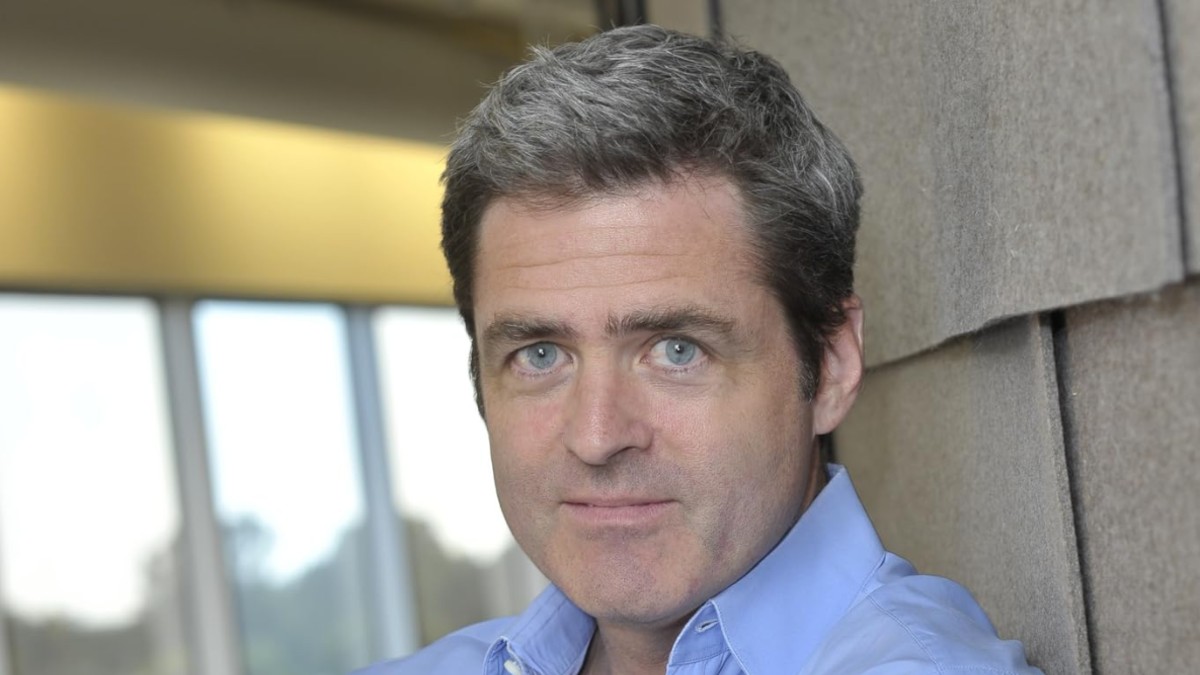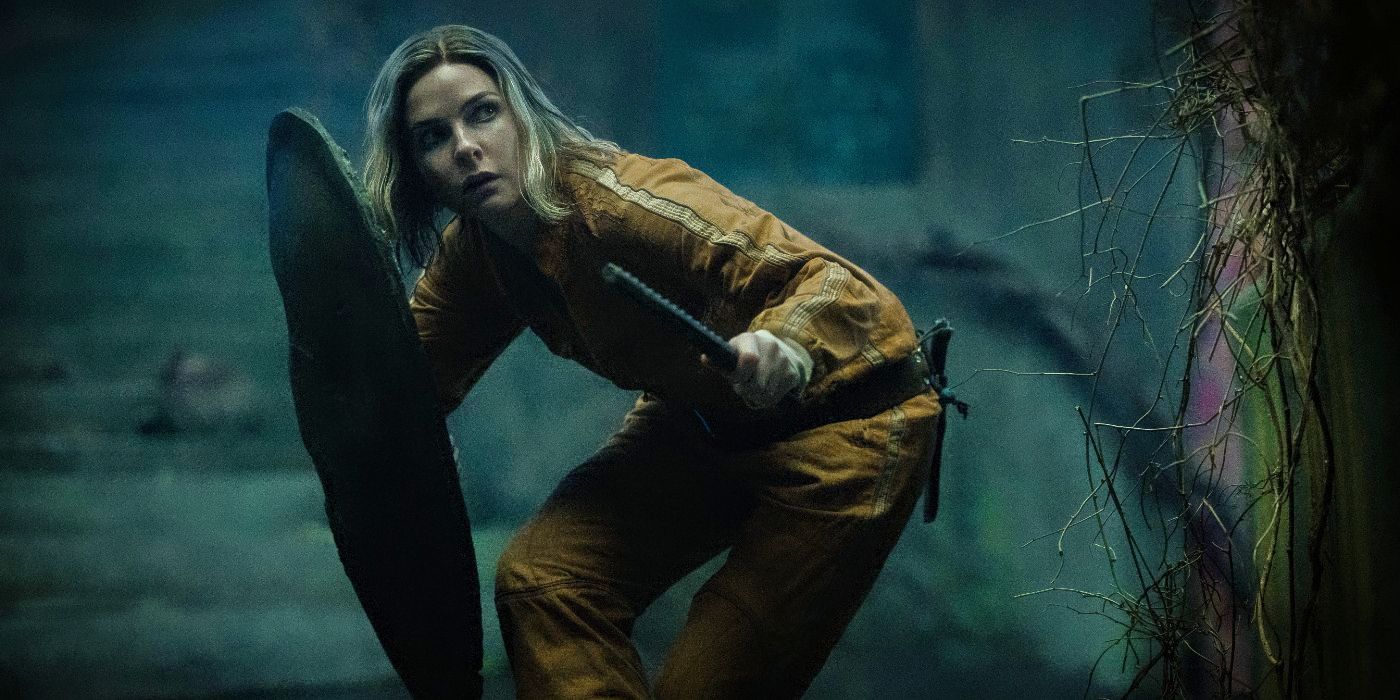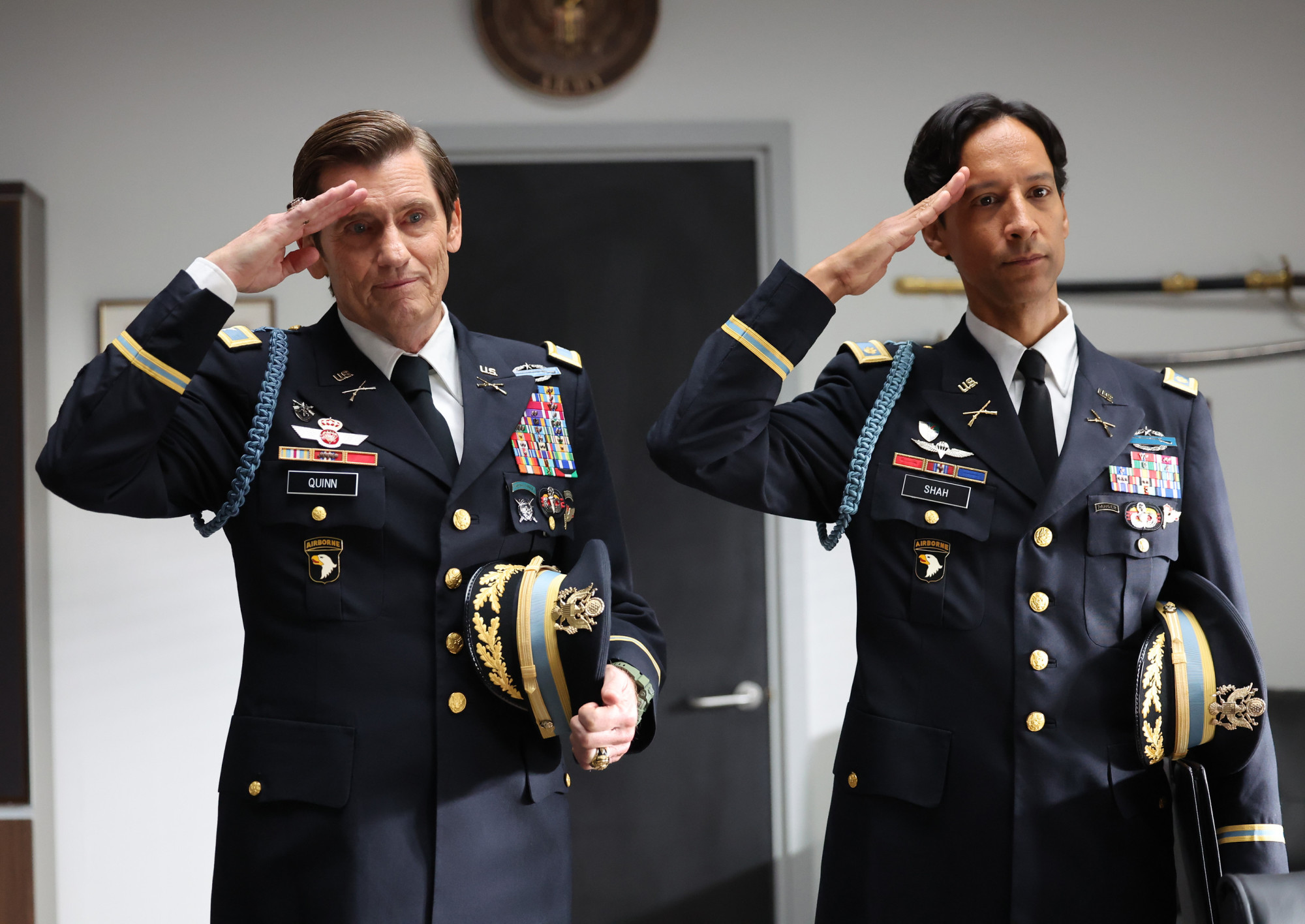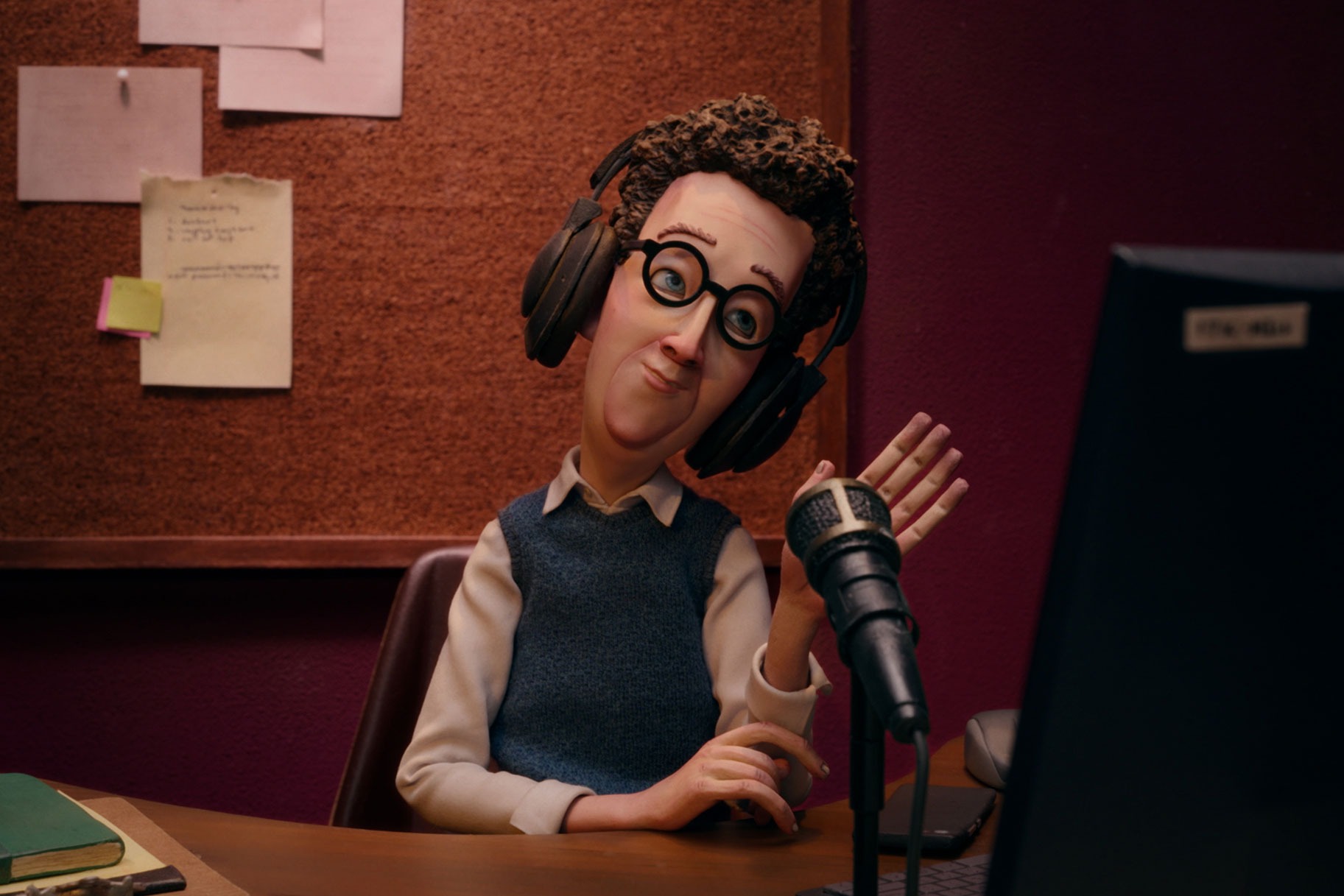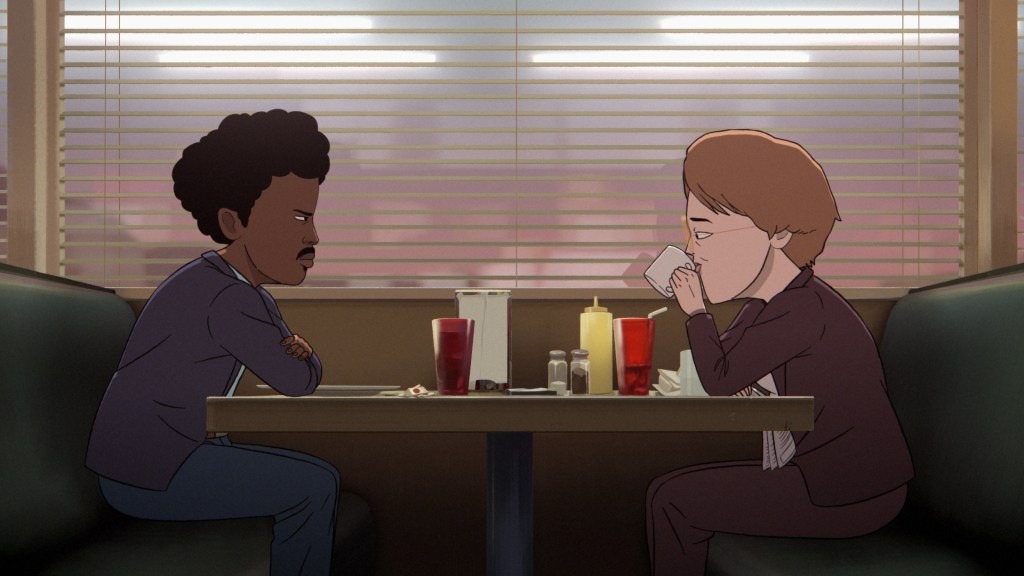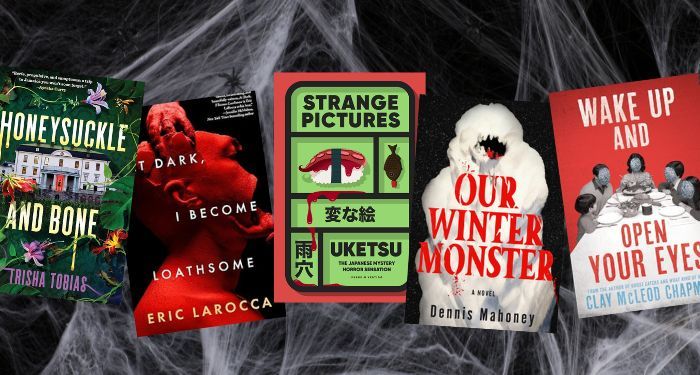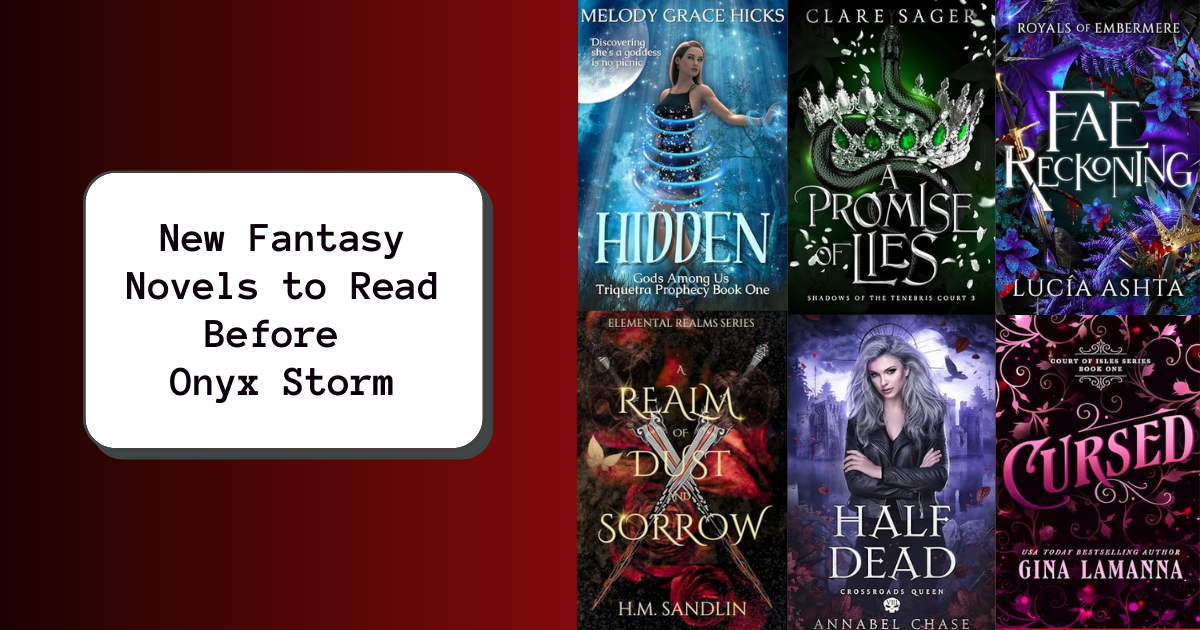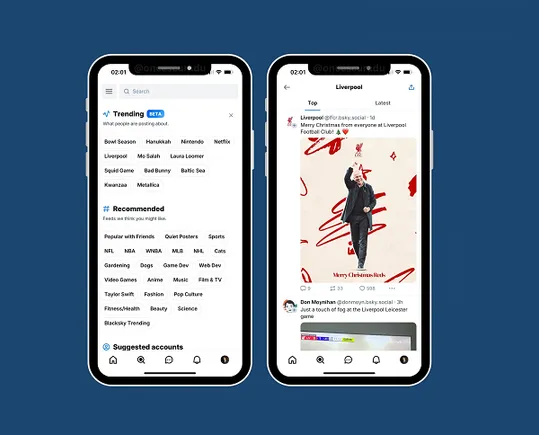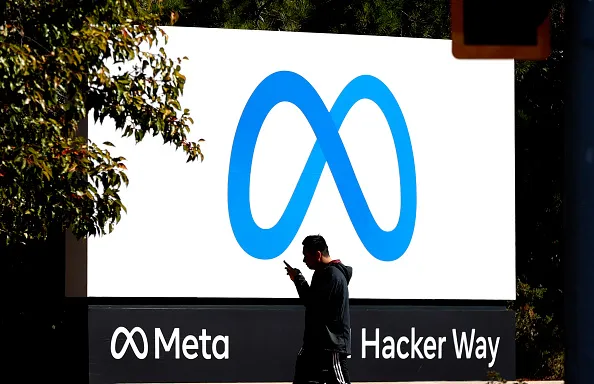A couple of days later, I heard the opposite view when a Dutch journalist told me of being at a press conference where a reporter from Time asked Iran’s president, the genial and media-savvy Hashemi Rafsanjani, what was up with this “Death to America” stuff that’s still part of Iran’s celebration of its Revolution. Reportedly, Rafsanjani smiled regretfully and said the government had nothing to do with it, it was simply the spontaneous emotion of the people.
My own impression was that public anti-Americanism at this point is basically pro forma, and that the forma is increasingly outdated. Certainly, it was current 18 years ago when the U.S. was seen as backing a Shah that a huge number of Iranians wanted deposed, just as it was current 12 years ago when we were viewed as supporting Saddam Hussein (you remember our good friend Saddam) in the grueling, hugely destructive eight-year war that Iraq and Iran fought. But much has changed in the last decade, even in the last two or three years, and today there are signs that official thinking in Iran is swinging closer to the friendly views of the man in the street—a change that won’t make much difference, of course, unless our policy makers are sharp enough to take advantage of it.
One obvious reason for this turn of events is that the Islamic Republic is no longer struggling to come into being, or to beat back the onslaught of a massively armed neighbor. It is at peace, increasingly prosperous and full of the kind of buoyant self-confidence that comes with surviving a protracted ordeal. In its government, nuanced pragmatism has rapidly overtaken the ideological purism that used to determine everything. One Iranian acquaintance, however, offered me the view that not all of the recent changes are traceable solely to Iran’s own experience.
“The collapse of the Soviet Union really made them look at things differently,” he said of Iran’s leaders.“ They were really surprised. They saw that the Soviet Union didn’t lose a military war, it lost culturally. So they started to see that that’s what Iran is in with the U.S.—not a war but a contest that will come down to culture.
Which is one angle on why this regime takes movies very seriously indeed, and why being the lone American film critic here at the moment entails a surprising amount of local celebrity (one night I’m interviewed so many times that I tell someone I feel like Sharon Stone) as well as a constant sense of fascination with the surroundings. Movies, after all, are only the tip of the cultural iceberg. When we got back on the bus after leaving the Islamic Revolution Day march, my adrenaline still surging, I started noticing the graffiti on Tehran’s walls. Besides the scrawls in Persian script, there were some in English, mainly the names of rock bands: MEGADETH and METALLIKA [sic], and my favorite of all, IRAN MAIDEN.











